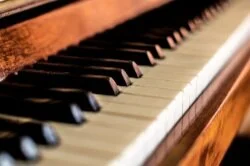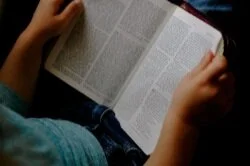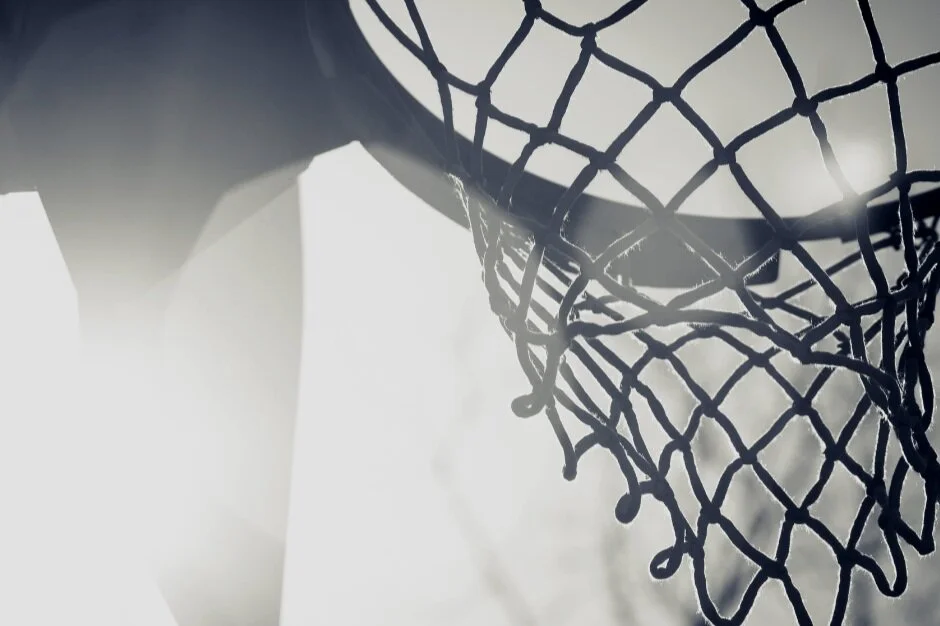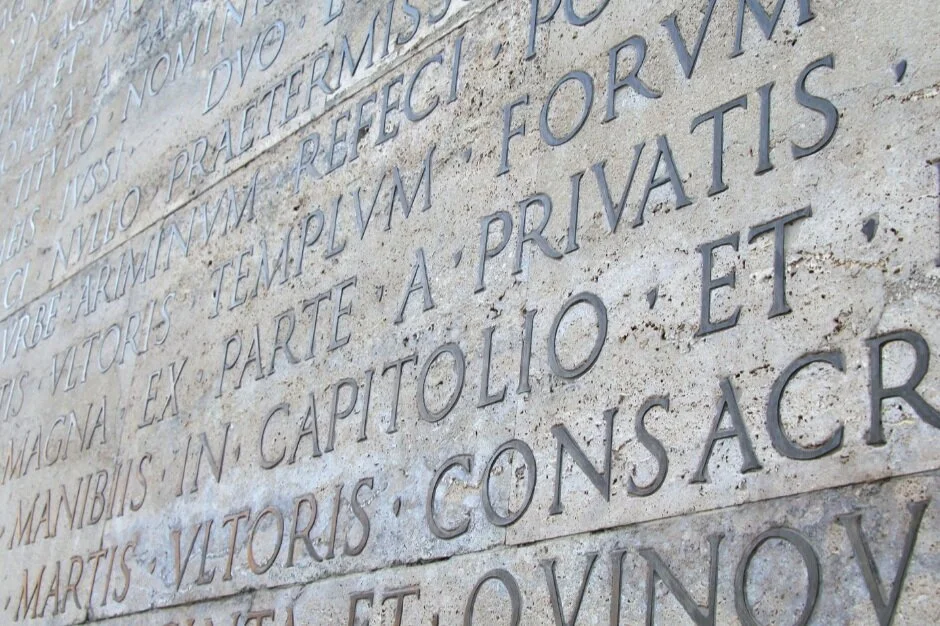Primary School
JUNIOR KINDERGARTEN - 2nD GRADE
Reading, writing, spelling, and arithmetic are the foundations upon which the tower of learning is built, and they are given the highest priority in Jr. K-2nd grades. The basic skills, work habits, and attitudes formed in the primary years are of critical importance.
ARITHMETIC
Immediate recall of addition and subtraction math facts through 18 is the focus in Primary School. Number formation, counting, time, calendar, measurement, and money are the initial skills of K-2. In 2nd grade the students also begin multiplication with the 1x, 2x, 5x, and 10x facts. Games, drills, skip-counting, cypher drills, and challenge problems make arithmetic an enjoyable part of the school day.
PHONICS & READING
Phonics is the system of letter-sound association taught to children for the purposes of learning to read and spell. Phonics is most effective when taught systematically, thoroughly, intensively, and in a logical and time-tested sequence. Students memorize poems and Scripture and enjoy children’s classics read by teachers and parents during read-aloud time.
SPELLING & PRINTING
Students develop the visual memory for accurate spelling by a systematic study of phonics, word families, and spelling rules, and by a lifetime of seeing, reading, and writing words correctly. Cursive letter work begins in 1st grade.
The discipline of neat and legible handwriting is an aid to spelling and instills the value of accurate, careful work—an important academic skill that carries over into every aspect of learning.
MUSIC
In Jr. Kindergarten, children learn and sing classic children’s songs as well as participate in group performances throughout the year.
Music appreciation begins in Kindergarten as children learn a new composer and piece of classical music every week as well as music instruction twice a week for the basic elements of music, including ear training, note reading, rhythmic training, and choral performance.
ART
In Jr. K and Kindergarten, fine motor skills and creativity are developed through coloring, cutting, pasting, illustration, and crafts. Art appreciation begins in Kindergarten with a focus on a new artist and masterpiece weekly and emulating their work through guided drawings and paintings. In First and Second Grade, students attend Art weekly and create art from the most influential movements in history, including the Renaissance, Romanticism, Impressionism, and more.
GEOGRAPHY, HISTORY & SCIENCE
In Kindergarten through 2nd Grade, these topics are introduced through Read-Aloud books, which are beautiful in both art and language. Students study globes and maps to learn continents, oceans, major countries, and basic geography terms. Second graders are introduced to states and capitals and in Science, students learn about seasons, weather, and local flora and fauna.
CHRISTIAN STUDIES
In Christian Studies, students read or listen to Bible stories and memorize Scripture verses and daily prayers. Students draw and color every day in their composition books, illustrating copybook verses, and poetry. K-2 students read and study major stories of the bible over those three years.
PHYSICAL EDUCATION & RECESS
Beginning in 1st Grade, students start each day with our Morning Fitness Routine which develops endurance, strength, and perseverance and best prepares students for a day of learning. Students have PE or Recess during every school day. This necessary and joyful time of the day provides exercise and an opportunity to play traditional childhood games.
CHESS
Playing Chess has been proven to positively impact academic performance, increase IQ, advance mathematics, hone verbal skills, boost emotional intelligence, and instill confidence at a young age. We use Chess At Three, an engaging curriculum that embraces the gift of storytelling to teach this timeless and classic game to children at a young age. Starting in 1st Grade, chess is offered weekly.
GRAMMAR SCHOOL
3rd Grade through 6th Grade
Grammar school students continue their study of the Primary School subjects with additional depth and rigor. Additionally, new and exciting subjects are added.
LATIN
Latin vocabulary begins in 2nd grade, but Latin grammar study starts in 3rd grade and continues every year, culminating in the translation of Latin literature in grades 9-12. (If you just thought ‘Wow!’ you’re right - it’s incredible.) We use oral recitation and form drills, which even enhance English language skills and build the kind of confidence that comes from great achievement.
CLASSICAL STUDIES
Students study Greek mythology and Greek and Roman history and literature every year, gradually deepening their knowledge and understanding. This long grounding prepares students to read the classics of Greek, Roman, and English literature and to study and understand the modern world.
AMERICAN/MODERN STUDIES
In American/Modern Studies, students study American history, geography, and literature, as well as world geography and non-Western cultures. Students trace and study maps, draw freehand maps, and by the end of the curriculum are able to draw political and physical maps of both hemispheres from memory. Students also read a variety of books from our library to supplement their knowledge of the U.S. and the world.
SCIENCE
The traditional elementary science curriculum includes topics that are also naturalist hobbies—bird, tree, and wildflower identification, butterflies, insects, bees, and stargazing. Students learn much about science—morphology, physiology, classification, habitats, etc.—through the detailed study of stars, insects, birds, and trees.
Our science curriculum includes the study of (Latin-based) scientific terminology, as well as exposure to the beautiful tradition of English nature poetry.













